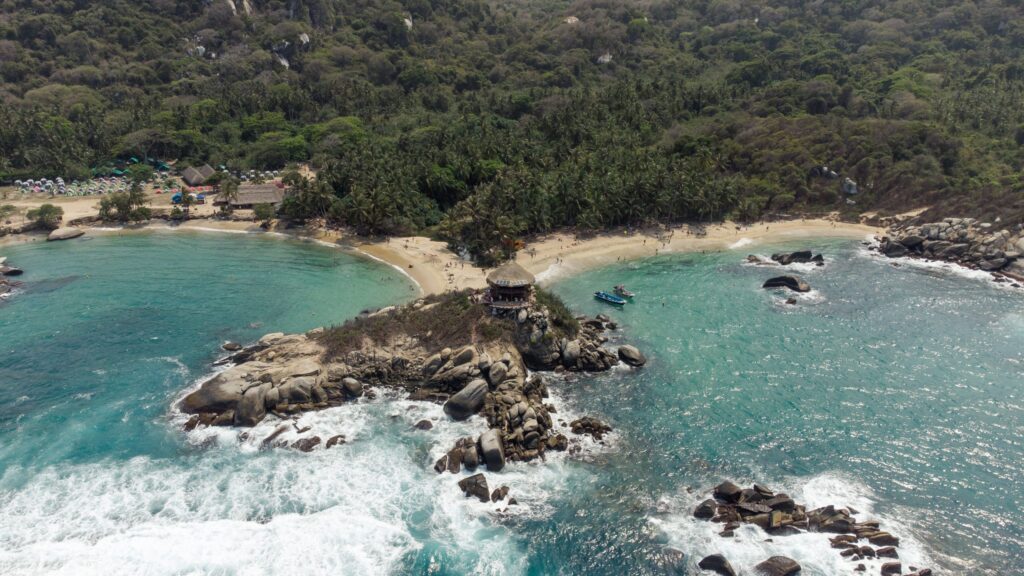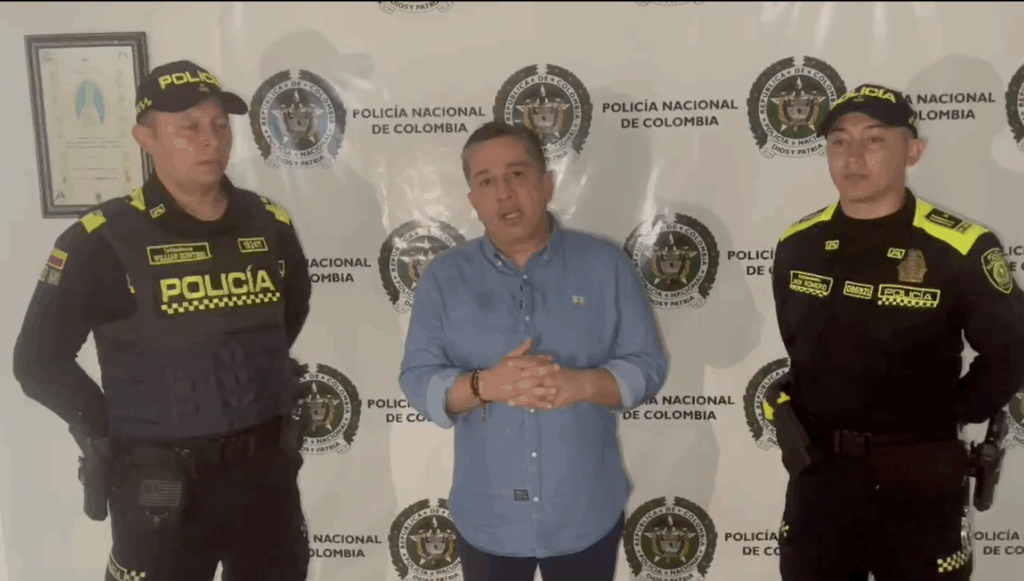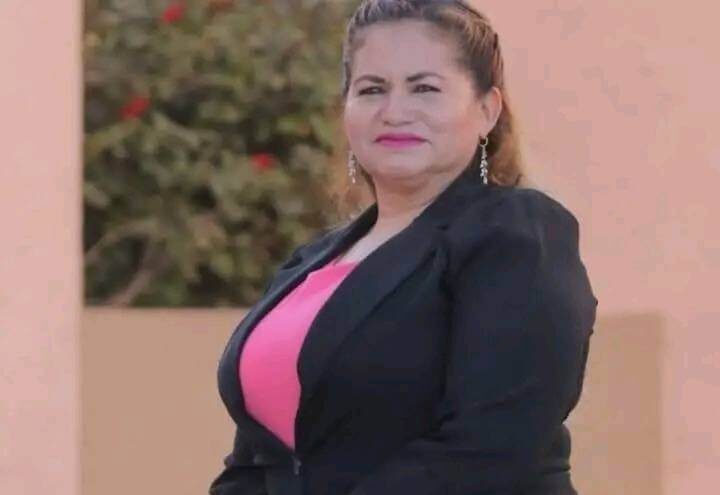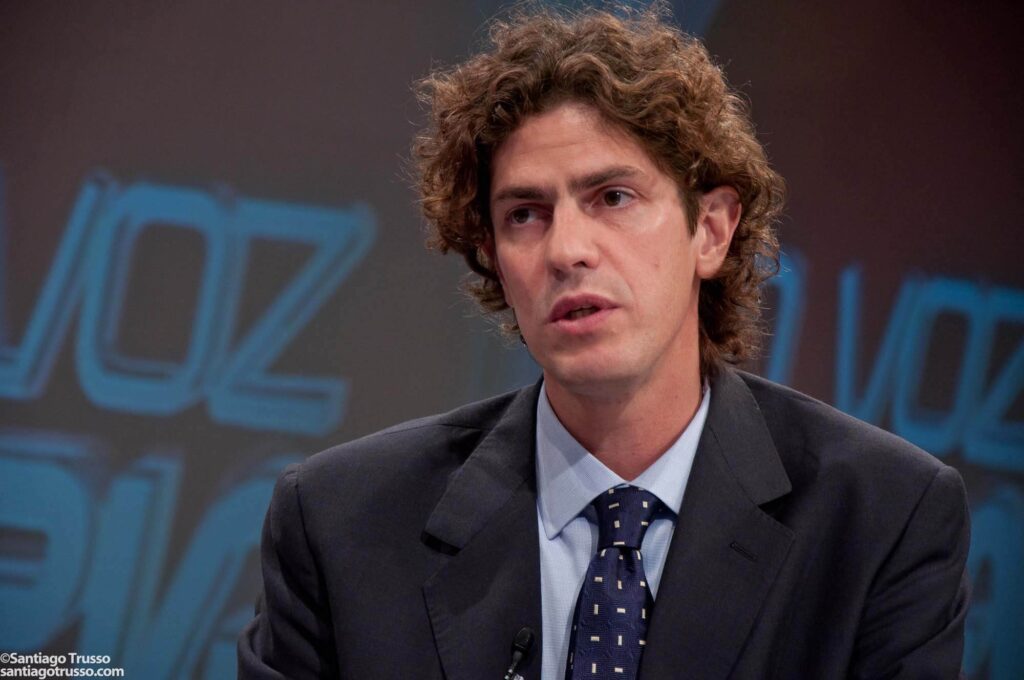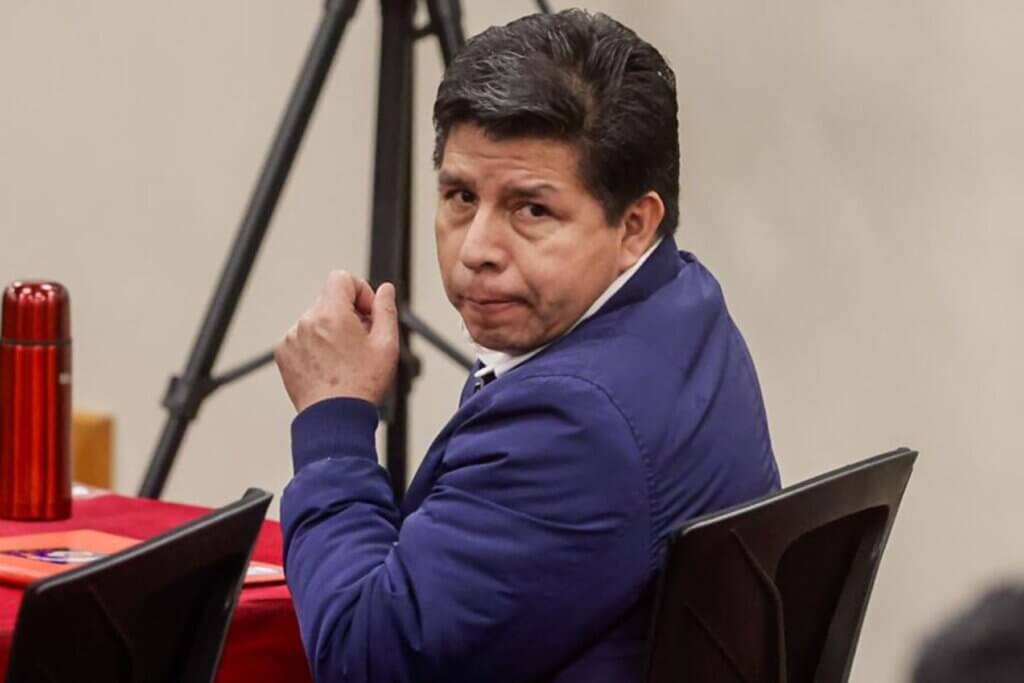Latin America has become weaker against corruption as a result of the coronavirus pandemic, according to a new report that shows that the stress on public and private resources throughout the region has led to more opportunities for graft.
These findings came from The 2021 Capacity to Combat Corruption Index released this week by the Americas Society/Council of the Americas (AS/COA) and the Control Risks consultancy group. This is the third annual edition of the index that measures 15 countries in Latin America and how effective they are at preventing corrupt practices.
There was an overall decline in the region’s ability to fight corruption, especially in the Latin America’s two largest countries, Mexico and Brazil.
“Efforts to combat corruption are more needed in 2021 than ever before…With governments under increasing financial strain, and healthcare systems in many countries severely impaired, the pernicious effects of graft on society are amplified,” the report reads.
As governments around the region must focus on emergency spending and allocations for vaccines, the report notes that these countries have in many cases not had the needed oversight to make sure the money is going to the proper places.
The index ranked Venezuela, Bolivia and Guatemala as the top three countries that are currently the least effective at combatting corruption. Uruguay, Chile and Costa Rica rank as the best in the region at deterring corruption.
The index takes its results from more than a dozen variables, including judiciary independence, the strength of anti-corruption agencies and the number of resources available to battle white-collar crime. The index covers 15 major countries, or 95 percent of Latin America’s Gross Domestic Product (GDP).
For the third straight year, Brazil’s score has taken a hit. President Jair Bolsonaro’s reshuffling of his staff led to close allies now heading the nation’s police force and the Public Ministry. In addition, Bolosnaro ordered a halt to the Lava Jato investigation into the expansive corruption scandal that reached all parts of Brazilian political and corporate leadership.
Venezuela scored the poorest marks of any of the 15 countries for the third consecutive year. The report noted a decline in independent institutions under President Nicolás Maduro’s government. At the turn of the year, Maduro and his allies consolidated power through the National Assembly, as the vast majority of opposition parties and candidates refused to participate in the elections.
“The Maduro dictatorship has had a consistent decline in its legal capacity since 2019, with especially low scores for the independence of the judiciary, anti-corruption agencies and investigators. Reliable public information is not available, and the government has not disclosed budget allocations or international donations to fight COVID-19,” the report reads.



